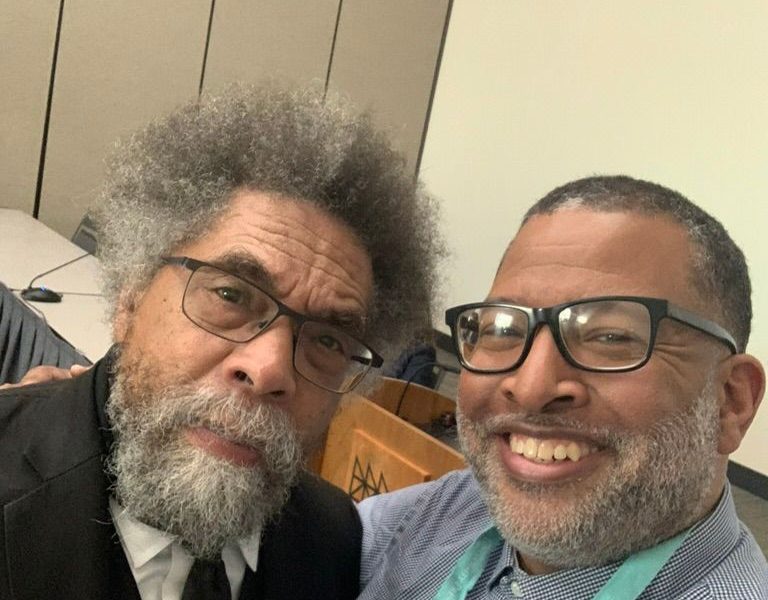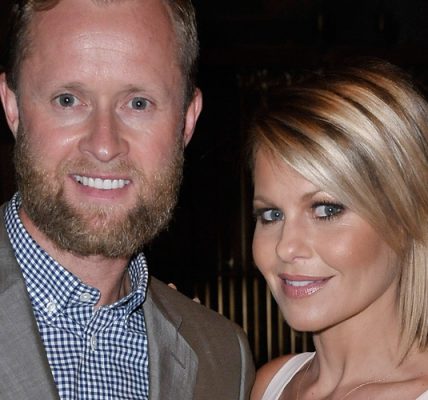In the upcoming days, I will return to the vibrant red clay hills of Georgia to gather with and honor the remarkable accomplishments of hundreds of Black men who will graduate from Morehouse College, the nation’s only historically Black college or university devoted to serving male-identified Black students. This event will be particularly significant, not merely because I will be celebrating my 30th reunion as a proud graduate of the class of 1995, but because it represents a profound moment in our collective journey.
This moment is vital as graduates, their families, faculty, and alumni will be inspired by a thought-provoking and deeply insightful commencement address delivered by the esteemed Dr. Cornel West. Dr. West stands as one of our nation’s most prominent public intellectuals and a committed scholarly activist. There may not be a more fitting individual for this occasion than Dr. West. With his enduring dedication to social analysis, historical understanding, cultural criticism, political engagement, and progressive faith, West provides both a personal and public narrative of personal growth that my young, newly minted brothers will require to navigate the complexities of our current world.
During my time at Morehouse, some of the most impactful literature I encountered were not the textbooks assigned for classes, but rather the books I explored independently. The authors who captivated me included poets and scholars of the Black arts such as Haki Madhabuti and the late Nikki Giovanni, theologian James Cone, Black feminist intellectual bell hooks, esteemed legal scholar and civil rights activist Derrick Bell, and perhaps most significantly, Dr. Cornel West.
I vividly remember denying another Morehouse student their chance to read a required course text by purchasing Race Matters from the campus bookstore. As a freshman, I was eager to dive into this transformative book by the Union Theological Seminary professor, who was on his path to Harvard University. My intellectual horizons expanded as West delved into a complex array of ideas, social practices, and the historical development of the intractable hegemonic conditions of political subjugation, economic exploitation, moral degradation, and cultural dehumanization. These factors contributed to the nihilistic conditions of lovelessness, meaninglessness, and hopelessness faced by countless Black individuals—both then and now.
In 1992, Cornel West visited Morehouse and was honored by the institution. He inscribed my copy of his book with the encouraging words, “Stay strong in the struggle, dear brother!” Those words ignited a lifelong commitment to study, service, and activism during my years at Morehouse. West’s writing provided a framework for a life dedicated to being a Black prophetic Christian intellectual, grounded in grassroots movements, solidarity with marginalized communities, and deep democratic commitments to serve, empower, and enable all individuals to thrive with dignity and opportunity. While Race Matters is perhaps West’s most recognized work, one of his earlier publications, Prophesy Deliverance! An Afro-American Revolutionary Christianity, may be his most significant and compelling for our current moment.
A year ago, I publicly expressed my concerns regarding my cherished alma mater’s decision to invite then-sitting President Joseph R. Biden to deliver the commencement address and receive an honorary degree.
In an open letter addressed to faculty, I urged them to vote against awarding the president an honorary degree, stating, “When I studied at and graduated from Morehouse College in 1995, I was profoundly influenced by the lives of former President Benjamin Elijah Mays, along with notable alumni such as Rev. Dr. Howard Thurman and Rev. Dr. Martin Luther King, Jr. While Morehouse honors these figures on its campus, the most fitting tribute to their legacies at this moment would be the moral courage to challenge a sitting United States president.” This assertion held true then and is even more relevant today, especially in light of Donald Trump’s re-election.
 Source: Pacific Press / Getty
Source: Pacific Press / GettyCornel West has been an unwavering and powerful voice in highlighting America’s ongoing complicity in the triple evils identified by Dr. King: racism, militarism, and hypercapitalism. In his own 2024 presidential campaign, Dr. West engaged in a movement centered around truth, justice, and love. He boldly addressed the horrific killing and capturing of hundreds of Israeli citizens by Hamas, as well as the United States’ unilateral support of Israel amidst a war characterized by atrocities that have claimed the lives of tens of thousands of innocent Palestinian non-combatants, displacing and starving countless others.
West predicted that centrist civility and appeasing the middle class would not shield us from the rise of a jingoistic, xenophobic, anti-Black economic oligarchy and state violence both domestically and internationally. Over 40 years ago in Prophesy Deliverance!, West cautioned Black intellectuals, particularly Christian theologians, that if our aim was merely the inclusion of the Black middle-class into a structurally racist capitalist economy and a racially constrained democracy, we should have long ago ceased referring to our training, leadership, service, and scholarship as liberation.
After witnessing the apex of American power a year ago and recognizing the damage that has resulted from that display of power, Morehouse Men would greatly benefit from listening to an organic intellectual emerging from the streets of Sacramento, California, and the pews of the Black Baptist church. This individual understands that success without sacrifice, wealth without ethics, intellect without integrity, and power over without empowering all may render these newly graduated Morehouse Men formidable, but not deserving of our profoundly cherished mystique.
Although Dr. West is not a Morehouse Man by formal designation, much like Dr. Mays, he has profoundly influenced the lives of Morehouse Men. He has taught, mentored, or inspired prominent intellectuals such as esteemed Morehouse trustee and Black Studies and Religion scholar Dr. Eddie Glaude, along with Harvard Divinity School scholar Dr. Terrence Johnson.
A multitude of Morehouse preachers have been shaped by his years of teaching at Union, Harvard, and Princeton, including notable prophetic voices such as Morehouse trustee and pastor of Mt. Ennon Baptist Church of Maryland, Rev. Dr. Delman Coates; pastor of Olivet Institutional Baptist Church of Cleveland, Ohio, Rev. Dr. Jawanza Colvin; pastor of the historic Abyssinian Baptist Church of New York City, Rev. Dr. Kevin Johnson; and pastor of the civil rights movement’s Ebenezer Baptist Church of Atlanta, U.S. Senator, Rev. Dr. Raphael Warnock.
Beyond the walls of Morehouse, we can recall the events of 2014 when Michael Brown was tragically killed by a rogue police officer in Ferguson, Missouri. In that moment, clergy and activists rallied together, and new leaders emerged under the banner #BlackLivesMatter: Alicia Garza, Patrisse Cullors, Opal Tometi, Michael McBride, Traci Blackmon, Starsky Wilson, and Charlene Carruthers, among many others. Early on, standing in solidarity, yet not seeking personal recognition, was Dr. Cornel West.
Now, as an elder, senior scholar, veteran activist, and a long-time dedicated progressive Christian, this humble brother is positioned to amplify the voices of the suffering, marginalized, incarcerated, overlooked, and those considered the least among us. This endeavor is essential for nurturing a new generation of Morehouse Men, ensuring that our mystique continues to reside in a moral tradition that is ever-expanding and evolving, challenging us to establish deep roots and yield a bountiful harvest of justice, love, and equity.
Dr. Marlon Millner is a visiting assistant professor of Religion and African American Studies at Wesleyan University and a proud 1995 graduate of Morehouse College.
SEE ALSO:
Dear Old Morehouse: Can We Not With Cornel West?

Here you can find the original article; the photos and images used in our article also come from this source. We are not their authors; they have been used solely for informational purposes with proper attribution to their original source.





